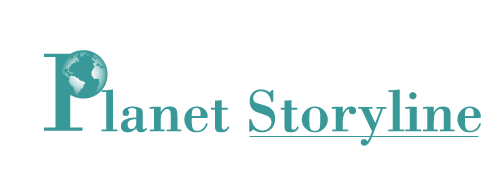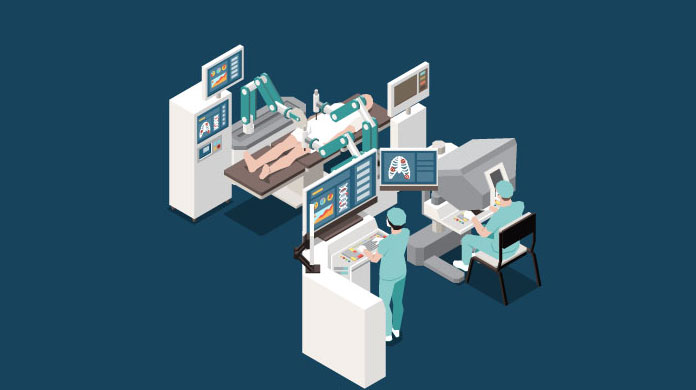AI has already significantly altered many aspects of our world as we know it, from automated systems to enhancing the choices we make and the processes by which we make them. But in healthcare, where AI is used to diagnose, develop individualized treatment plans, and predict patient survival rates, it may be the most noticeable and personally significant ways AI is changing our environment.
What Role Does AI Play in Healthcare?
AI uses computers and mechanical processes to replicate human intelligence and intricate automated activities. While AI-enabled computers aim to mimic the human mind’s capabilities, they can also outperform it in several ways, most notably by quickly sorting through massive amounts of big data to find trends, patterns, and anomalies.
It should come as no surprise that AI offers a multitude of prospects for the healthcare industry, which it uses to improve several standard medical procedures, including disease diagnosis and determining the best course of action for patients with illnesses like cancer. AI-enhanced robotic surgical tools can improve surgical outcomes by reducing surgeons’ physical fluctuations.
Different AI in Healthcare:
The term AI is a catch-all for several different but linked processes. A few of the most typical applications of AI in healthcare are:
Machine Learning (ML) is the process of training algorithms utilizing large data sets, including those from health records, to build models that can categorize data or predict outcomes.
Deep Learning is a subtype of ML that uses data sets, training periods, and several layers of ML algorithms to create neural networks that can handle increasingly complex tasks.
Neural Language Processing (NLP) is the application of ML to comprehend written or spoken human language. NLP is used in the healthcare industry to interpret written materials, including notes, reports, and published research.
Robotic Process Automation (RPA) automates administrative and clinical operations using AI in computer programs. Some healthcare organizations utilize RPA to improve the patient experience and the day-to-day operations of their facilities.
Healthcare Applications of AI:
The number of applications for AI across industries is growing along with its adoption. Researchers do not currently anticipate that AI will replace healthcare practitioners. Instead, in their eyes, it will soon assist and enhance the job of medical experts. Some of the widely used AI practices are:
- Healthcare Analytics: ML algorithms are trained on historical data to generate insights, enhance decision-making, and improve health outcomes.
- Precision Medicine: AI utilizes to create individualized treatment regimens for individuals that consider their genetic makeup, environment, lifestyle, and medical history.
- Predict Diseases & Illness: Healthcare providers can use predictive models to calculate the probability that a patient would experience a specific ailment or get sick.
- Interpret Tests & Diagnose Diseases: ML models can be trained with widely available medical images, such as MRIs or X-rays, to evaluate and identify problems like malignant tumors.
AI in Healthcare: Benefits
The field of health care, the experts who work there, and the patients who engage with it daily all benefit from AI in various ways. While healthcare professionals should anticipate decreased operational expenses due to improved decision-making and more effective automated services, providers benefit from the technology to develop customized treatment plans and diagnose diseases more quickly and correctly than they could alone. Patients might anticipate possibly better health results and lower expenses as more effective healthcare.
AI in Healthcare: A Promising Future
In the years to come, AI is likely to transform various industries, including healthcare. AI anticipates aiding in the development and discovery of new medical treatments by enhancing patient diagnoses, health facility operations, development of treatment plans, and overall health outcomes.
Over the following ten years, there will likely be a significant increase in the application of AI in healthcare. According to research, AI in healthcare is growing by leaps and bounds and is forecasted to increase to a whopping $208.2 billion in 2030, many times higher than its 2022 market size value of $15.4 billion.



